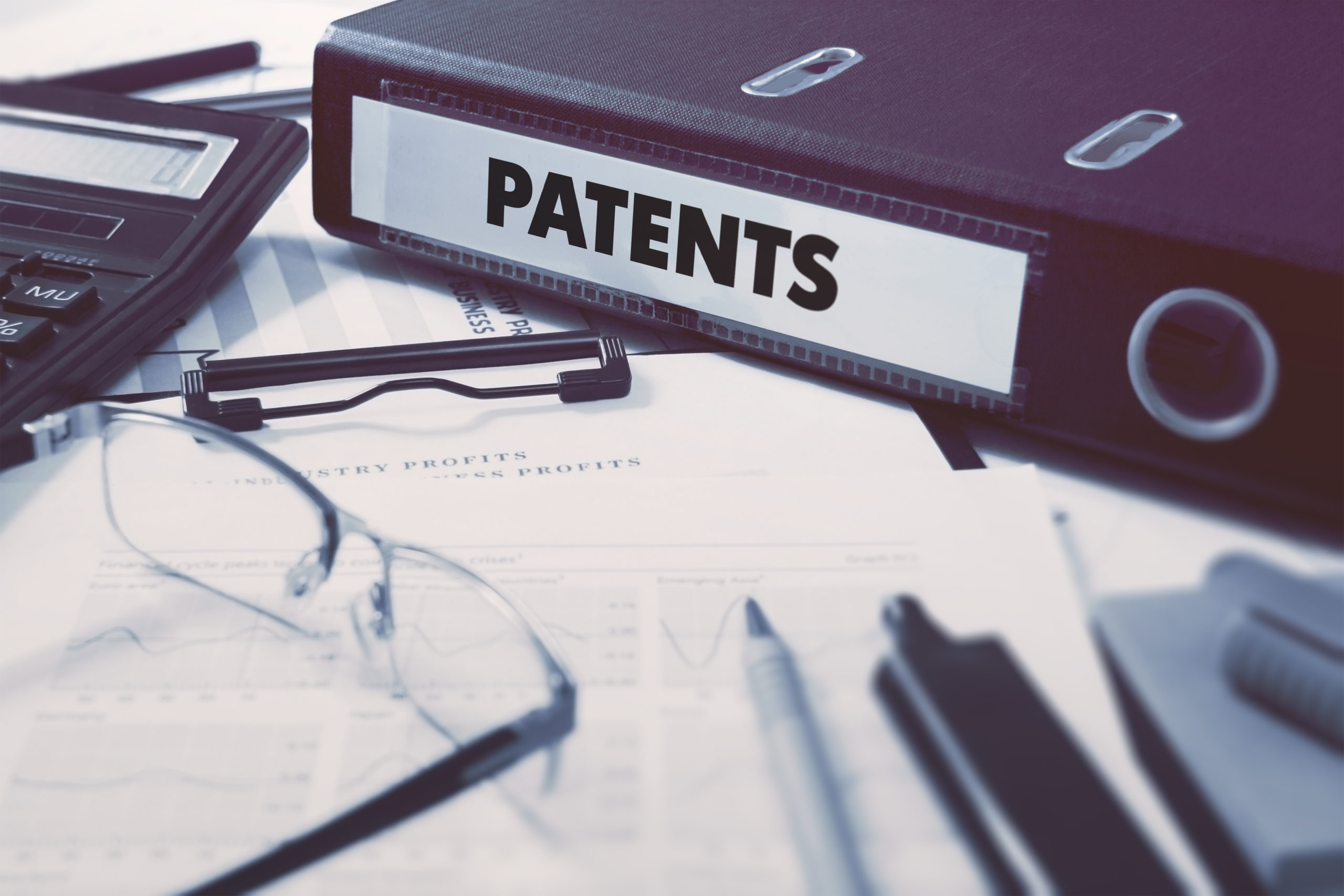California Patent Application Process Attorney
We take pride in preparing patent applications that will help our clients accomplish their real-world business objectives. David Jafari's prosecution, litigation, and licensing experience are invaluable in obtaining patents that can be effectively licensed or enforced against infringers. JLG may also advise on the strategic aspects of patent prosecution, helping our clients develop an appropriate and cost-effective patent portfolio. We have extensive experience in all aspects of patent litigation, including claim construction, infringement or non-infringement analysis, validity, and invalidity analysis. This experience allows us to draft patent applications that can withstand aggressive litigation tactics that are used by lawyers representing infringers.
JPL attorneys can draft your patent application in many fields of technology, with particular strengths in computer hardware and software, internet-based inventions, semiconductor fabrication, telecommunications, medical devices, activewear apparel, and various mechanical devices.
If you have a patent or other intellectual property-related need, we can help. Don't hesitate to contact us. We would love to hear from you.

Request Your Free Consultation
When it comes to taking on your case, we will do our best to deliver justice swiftly and effectively. Call us at any time, day or night, to discuss the details of your case.
Please do not include any confidential, secret or otherwise sensitive information concerning any potential or actual legal matter in this message. Unsolicited communications do not create an attorney-client relationship and confidential or secret information included in such communications cannot be protected from disclosure. JLG does not have a duty or a legal obligation to keep confidential any information that you provide to us through these means. In other words, please wait to speak to an attorney before disclosing sensitive information.

